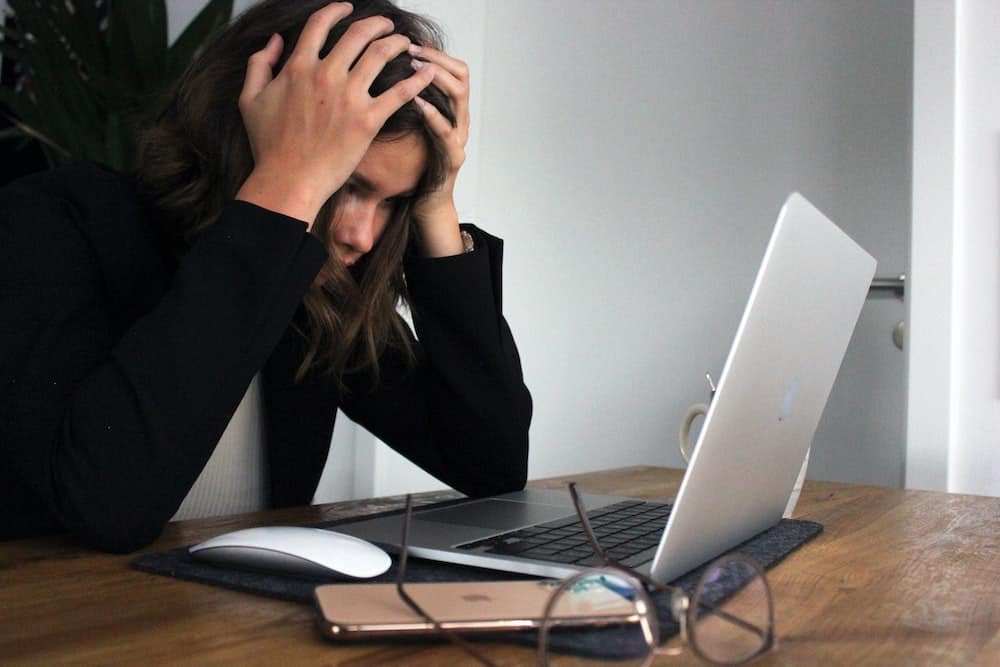
Noise, and more generally what we call noise pollution, has a definite effect on our health and is affecting more and more people. To illustrate his point, Jean-Luc Puel, neuroscience professor and INSERM research director, uses the example of the sound of lipstick as it closes. He points out that the more expensive the lipstick, the greater the sound when it closes, as the noise level reassures the consumer of the product’s quality.
The case is similar for the doors of top-of-the-range cars: the slamming sound could be reduced or even eliminated, but it is artificially maintained at a high level. These examples show the importance of sounds in our daily lives, some of which can be pleasant or relaxing, while others, on the contrary, represent a risk to our health.
Noise is a stimulant that can encourage consumption, as in bars, where loud music encourages the consumption of alcohol, or in stores, where music is omnipresent,” says Professor Puel. But like any stimulant, noise will also induce fatigue and stress, not least because the concentration and effort required to communicate in noise must be greater.

Sometimes, the effects can also be more damaging. A study from Boston’s Massachusetts General Hospital published in 2019 in the European Heart Journal reveals that the more likely people are to be exposed to noise pollution, the greater their risk of developing cardiovascular diseases such as hypertension, heart attack, or stroke.
Another study published in 2018 in Antioxidants &Redox Signaling shows that chronic exposure to noise causes oxidative stress that alters cells, modifies corticoid levels, and weakens the body’s defences, and a study published in The Lancet in 2013 indicated that the performance of workers, students, and schoolchildren declined in situations of noise overexposure.
With regard to sleep disorders, the link with noise was established in a study published in Medecine-Sciences in 2006, which found that exposure to noise reduces the number and duration of sleep cycles and obscures the recuperative function of sleep.
In addition, clinical psychologist Nicolas Dauman, citing a 2021 study published in the International Journal of Environmental Research and Public Health, points out that certain noises, such as nightclub music or music listened to with headphones, can be a source of chronic hearing loss, tinnitus and hyperacusis, a hearing disorder characterized by hypersensitivity to certain sounds.





